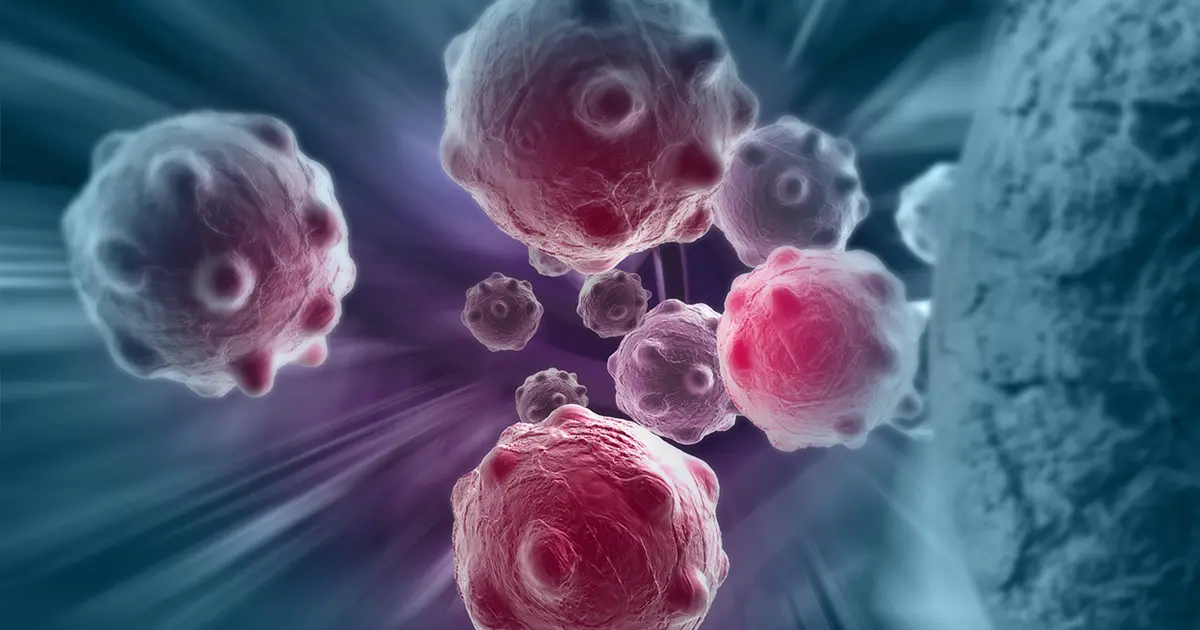





Copyright infringement not intended
Picture Courtesy: www.vanguardngr.com
Context: Mizoram, India's second least populated state, has the highest cancer incidence rate in the country, highlighting a significant health challenge in the region despite its small population.
Key Highlights of the Report
|
Lifestyle and Dietary Patterns |
●The study suggests that the static lifestyle and dietary habits of the population might be contributing to the rising cancer rates. ●Certain lifestyle choices, such as smoking, poor diet, and lack of physical activity, are known risk factors for cancer. Additionally, specific dietary patterns prevalent in the region might be conducive to the development of certain types of cancer. |
|
Genetic Predisposition |
●The population in Mizoram is largely endogamous, meaning that individuals tend to marry within the same community or social group. This practice can lead to a limited gene pool and an increased likelihood of passing on genetic predispositions to diseases, including cancer. ●If there is a genetic predisposition to certain types of cancer within the population, this could contribute to the higher incidence rates. |
|
Healthcare Challenges |
●The study highlights several challenges in the healthcare system of Mizoram. ●The lack of specialized diagnostic facilities means that cancers might not be detected at an early stage when they are more treatable. ●A shortage of skilled healthcare professionals can hinder the timely and accurate diagnosis of cancer cases. Specialized training is essential for accurate cancer diagnosis and treatment. ●Mizoram's hilly terrain and inadequate transportation infrastructure can make it difficult for people, especially those in remote areas, to access healthcare facilities. Timely access to medical services is crucial for cancer diagnosis and treatment. |
|
Awareness and Education |
●Lack of awareness about cancer prevention, early detection, and treatment options can contribute to delayed diagnoses and inadequate treatment. ●Public education campaigns are essential to inform the population about the importance of a healthy lifestyle, regular screenings, and seeking medical help at the earliest signs of illness. |
|
Research and Treatment |
●The study emphasizes the need for treatment strategies guided by genomic research. Genomic research involves studying the genes and DNA sequences associated with cancer, which can lead to more targeted and effective treatments. ●Advancements in cancer research and treatment options can significantly improve outcomes for patients. |
|
Requires a multi-faceted approach |
●Addressing the high cancer rates in Mizoram requires a multi-faceted approach. This includes implementing public health campaigns to raise awareness about cancer risk factors and the importance of early detection, improving healthcare infrastructure and access to specialized diagnostic and treatment facilities, and investing in research to understand the genetic and environmental factors contributing to cancer in the region. ●Collaboration between healthcare authorities, researchers, and communities is crucial to developing and implementing effective strategies to reduce the cancer burden in Mizoram. |
Conclusion
Must Read Articles:
REPORT ON CANCER: https://www.iasgyan.in/daily-current-affairs/report-on-cancer
LANCET COMMISSION REPORT ON GENDER INEQUITY IN CANCER CARE: https://www.iasgyan.in/daily-current-affairs/lancet-commission-report-on-gender-inequity-in-cancer-care
|
PRACTICE QUESTION Q. What are the key factors contributing to the alarming increase in cancer cases in India, and what measures are being taken to address this growing public health concern? |











© 2025 iasgyan. All right reserved